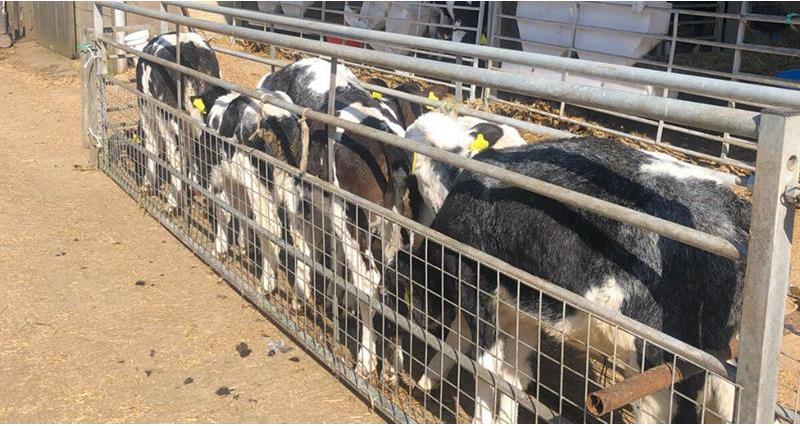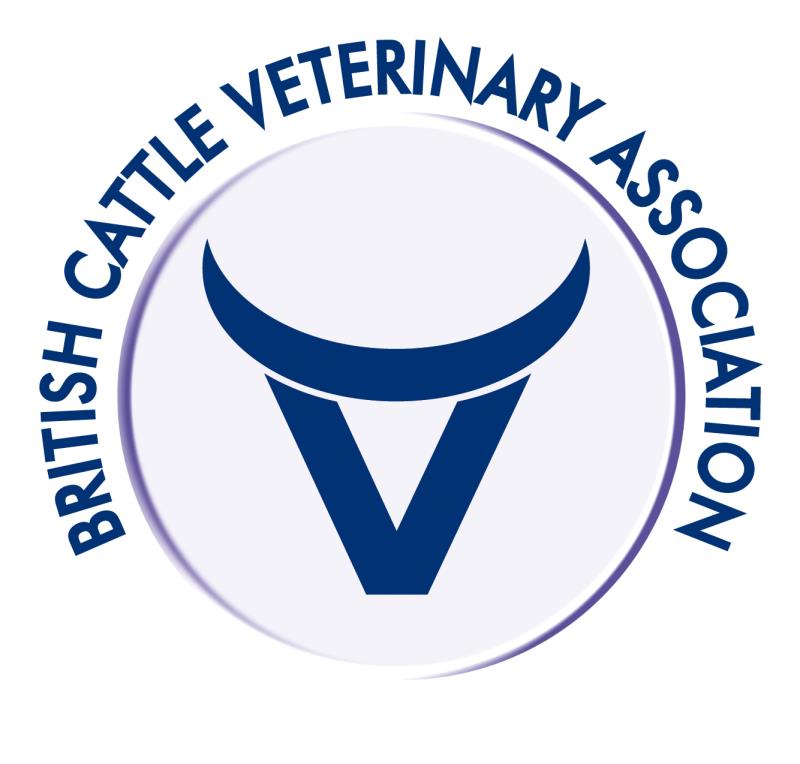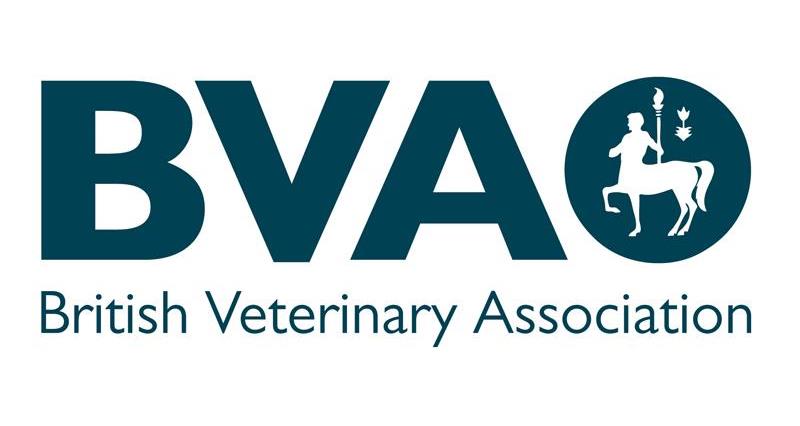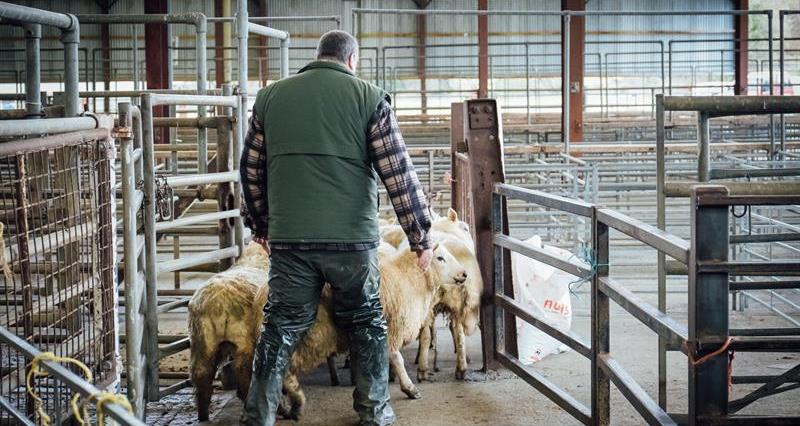Updated: 22 April.
Protecting yourself, your family and visitors to your farm
- Requiring people to stay at home, except for very limited purposes.
- Closing certain businesses and venues.
- Stopping all gatherings of more than two people in public.
Unless exempt, every person in the UK must comply with these new measures. Farming businesses and people involved in food production have been exempted from these restrictions and are recognised as working in essential industries. However, social distancing and good hygiene practises are still required on farms and within farm work environments to protect against COVID-19; including 2 metre distancing rules and 20 second hand washing routines.
- Is COVID-19 airborne and how is it transmitted between people?
- What are the symptoms of COVID-19?
- When are infected people infectious?
- Can you catch COVID-19 from animals?
- How long does the virus persist on surfaces?
- What cleaning and disinfection practices should we adopt and use around farms and farm buildings?
- What on farm activities provide the greatest risk?
- Practical things to consider
Is COVID-19 airborne and how is it transmitted between people?
The virus that causes COVID-19 is mainly transmitted through droplets generated when an infected person coughs, sneezes, or speaks. These droplets are too heavy to hang in the air and they quickly fall on floors or surfaces.
You can be infected by breathing in the virus if you are within 1 metre proximity of a person who has COVID-19, or by touching a contaminated surface and then touching your eyes, nose or mouth before washing your hands.
What are the symptoms of COVID-19?
The World Health Organisation (WHO) reports that the most common symptoms of COVID-19 are fever, tiredness, and a persistent dry cough. Some patients may have aches and pains, nasal congestion, runny nose, a sore throat or diarrhoea. These symptoms are usually mild and begin gradually. Not everyone has symptoms when they are infected. This is classified as being asymptomatic.
Most people (about 80%) recover from the virus without needing special treatment. Around 1 out of every 6 people who get COVID-19 become seriously ill and develop difficulty breathing.
Older people, and those with underlying medical problems such as high blood pressure, heart problems or diabetes, are more likely to develop serious illness.
People with fever, cough and difficulty breathing should seek medical attention.
The NHS says that a fever is represented by a temperature above 37.8°C.
When are infected people infectious?
Current understanding is that people are infectious when symptomatic, but for some people, the symptoms can be very mild (asymptomatic), so it can be hard to tell if they are indeed infectious. Therefore 2 metre social distancing is very important.
Can you catch COVID-19 from animals?
There is no evidence of COVID-19 circulating in pets or other animals in the UK.
Pets could be a carrier (fomite) of the virus on their fur for short periods of time, just as other surfaces can carry the virus from one place to another. In line with the general advice on COVID-19, you should wash your hands regularly, including before and after you come into contact with pets and other animals.
How long does the virus persist on surfaces?
It is not known how long the virus that causes COVID-19 survives on surfaces, but it seems to behave like other coronaviruses. Studies suggest that coronaviruses (including preliminary information on the COVID-19 virus) may persist on surfaces for a few hours or up to several days; which varies under different conditions (e.g. type of surface, temperature or humidity of the environment).
The World Health Organisation (WHO) suggest that whilst their understanding of COVID-19 is still developing, other human coronaviruses can survive on inanimate objects and can remain viable for up to 5 days at temperatures of 22-25°C and relative humidity of 40-50%. Survival on environmental surfaces is also dependent on the surface type. An experimental study using a SARS-CoV-2 strain reported that the virus remained viable on plastic for up to 72 hours, for 48 hours on stainless steel and up to 8 hours on copper
What cleaning and disinfection practices should we adopt and use around farms and farm buildings?
For any farm, a cleaning and disinfecting (C&D) plan should form a major part of your veterinary health plan and should be carried out conscientiously during this time.
AHDB provide some useful information on C&D which can be applied to all farms, which can be read here.
With COVID-19 being transmitted from human to human, it is also important to ensure that visitors and farmers are using the correct personal protective equipment (PPE).
*both parties should be responsible for providing their own PPE*
PPE includes gloves, overalls, face masks and protective footwear. Farmers are suggested to provide a bucket of warm water and soap for visitors to wash their hands. Disposable towels / paper should be provided for drying hands.
The WHO suggests that where a surface may be infected, it should be cleaned with simple detergent and / or disinfectant to kill the virus, thus protecting yourself and others.
Clean your hands with an alcohol-based hand rub (60% alcohol and above) or wash them with soap and water. Avoid touching your eyes, mouth, or nose.
Think about areas or surfaces on and around the farm and in farm buildings which get lots of foot fall and resultant contact. The surface areas include light switches, door handles, taps, livestock handling equipment, and gates.
Waste water from C&D can be disposed of in a normal manner, not requiring specialist disposal measures.
What on farm activities provide the greatest risk?
It has been highlighted that some activities can pose a risk; sheep shearing, sheep dipping, foot trimming livestock handling - youngstock in particular - due to the close contact that can occur between animal handlers.
There are many pragmatic solutions to reduce human contact when handling livestock. Discuss with your vet, and any other service providers, what solutions can be applied to your farm that abide by the 2 metre social distancing rules, maintain animal welfare, but allow the job to be done safely and efficiently.
The UK Government provided some advice on the 8th April to businesses situated outdoors, including farms. This advice recognised that in some circumstances it is not possible for workers to observe social distancing guidelines at all times.
The Government stated that where it was not possible to follow the social distancing guidelines in full in relation to a particular activity, you should consider whether that activity is actually necessary for the maintenance of the business operation. If it is, take all the mitigating actions possible to reduce the risk of transmission between staff.
If a 2 metre distance cannot be maintained, where possible, the advice says that staff should work side by side, or facing away from each other, rather than face to face. All staff should wash their hands with soap and water for 20 seconds or more, and more frequently than normal.
If workers must share enclosed spaces such as the cabs of vehicles, they should keep the window open for ventilation and avoid touching their face. On leaving the enclosed space, they should wash their hands with soap and water for 20 seconds or more, or use hand sanitiser when they cannot wash their hands.
Practical things to consider
 Photo provided by TB Advisory Service: An example of a race set up to handle calves.
Photo provided by TB Advisory Service: An example of a race set up to handle calves.
You don’t always need to invest lots of money into ‘new kit’, just apply some thinking to the outcome you want to achieve, and then adapt what you have around you to achieve that outcome.
This picture shows one such idea; a farmer has used two gates, tied in parallel together to form an ideal calf race. If the animals were going to be constrained like this for any length of time, be aware of their need for shade, fresh water, fodder, etc.
If the vet or a foot trimmer is coming out to do necessary animal work, have the animal in the crush before the ‘visitor’ arrives, and wipe down the surfaces with disinfectant. Try and limit the number of people who then touch those clean surfaces. Remember to wipe the surfaces down again once the job is finished.
If you’re calling a vet out to help with a difficult calving, talk to the vet about ways to avoid human to human contact – consider calving pullies as these would allow the farmer / stockman some distance.
Think about where tables are set up, who fills out the records, can these be reached without stepping inside someone else’s 2 metre space.
Use technology as much as possible, vets and nutritionists might be able to offer online consultations, and make use of online groups or forums to keep in touch with neighbours, other farmers, etc.
There is, of course, no one answer to every farming situation, and different farming systems will have different challenges.
The NFU is aware of one such issue in the dairy sector, where concerns about protecting the health of both the milk tanker driver and the farmer during this daily visit were aired.
Whilst there does not need to be any direct contact between milk tanker drivers and farmers when collecting milk, the touching of surfaces, such as areas on the bulk tank, or farm gates, are risk areas where COVID-19 could be spread. It is therefore crucial to adopt the C&D plan and other hygiene measures between the farmer (and between different farm staff or operators) and the tanker driver. Taking these precautions seriously will minimise the spread of the virus and the effects of illness and reduced staffing capacity on the supply chain.
Accompanying this document online is a template C&D checklist. We recommend that farms use and adapt it for whatever situation they have.
Think about the process you’re embarking upon, think about the risks involved in that process and how you can mitigate those risks. In the example provided we’ve highlighted cleaning the door handles to the dairy, cleaning the bulk tank taps, etc.
References
- Defra
- Public Health England
- World Health Organization
- NHS England
- BVA
- OIE
This guide has been developed in collaboration with the NFU, the British Veterinary Association and the British Cattle Veterinary Association.


Click here to use the NFU's COVID-19 business impact service.
By using this form, farmers and growers can provide information on any business-critical issues they have encountered, or expect to encounter, arising from the COVID-19 outbreak. The NFU will log this information and use it in an anonymised format to flag the key issues agriculture and horticulture are facing to government on a daily basis. However, no personal data will be shared with the government. The service is for all farmers and growers across the UK.
Coronavirus: Updates and advice
This news hub on NFUonline will be updated regularly to keep you up to date with what you need to know and how to deal with the various issues raised by coronavirus. Visit the hub.
